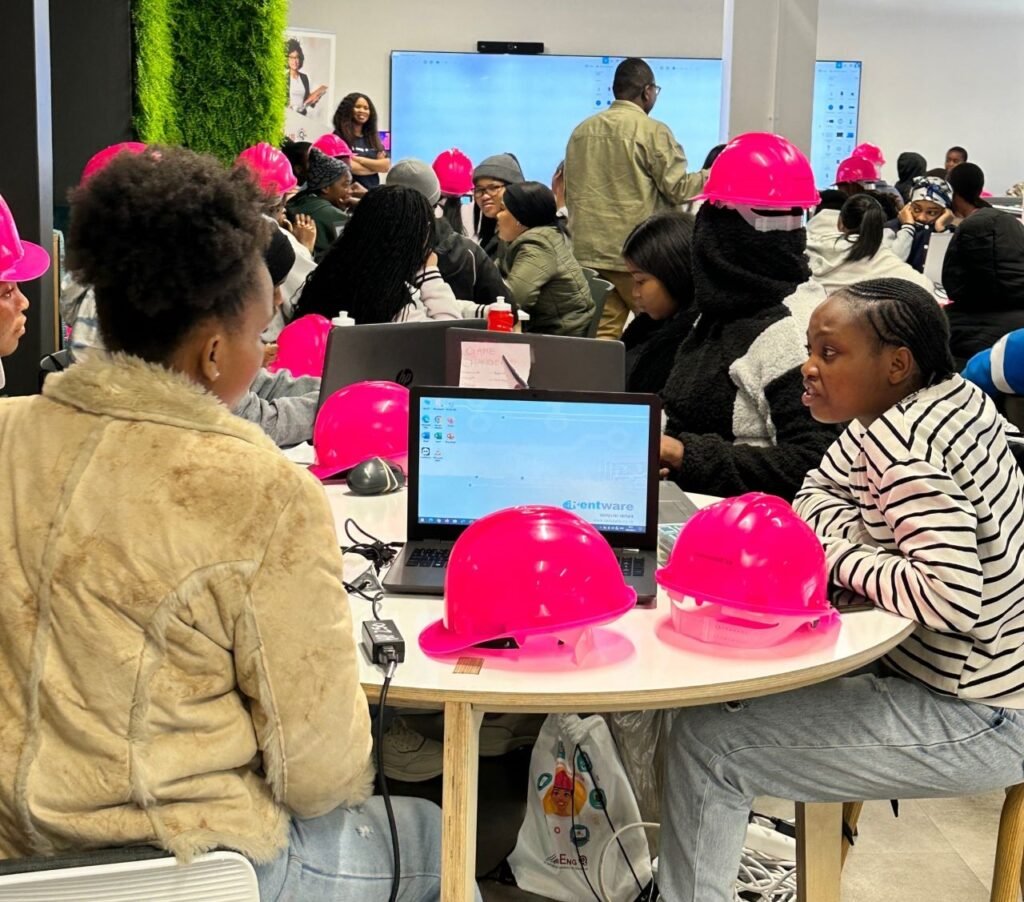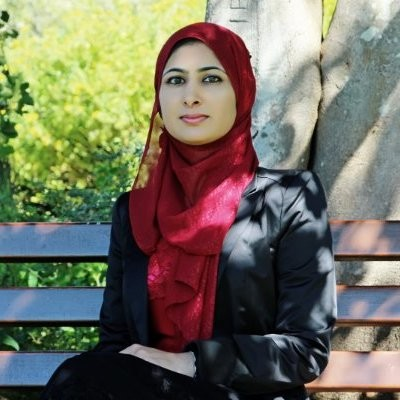As early as 2005, South African engineer and social entrepreneur Naadiya Moosaje recognised the growing importance of women in Science, Technology, Engineering, and Mathematics (STEM). Understanding the economic and social risks of excluding women from these critical fields, she co-founded Women in Engineering (WomEng), a not-for-profit organization focused on closing the gender gap in engineering and technology. Through educational resources, mentorship, and leadership development, WomEng empowers women to enter STEM careers, creating a more equitable future.
Born and raised in South Africa, Naadiya Moosaje’s fascination with engineering began early, eventually leading her to pursue a Civil Engineering degree at the University of Cape Town. She graduated in 2009 with a master’s degree in Transport Engineering and later completed her MBA at the University of Edinburgh in 2013. As one of the few women in a male-dominated field, Moosaje quickly realized the scarcity of female engineers in South Africa—only 1% of engineers at the time were women. This revelation spurred her to take action and co-found WomEng in 2005, aiming to create opportunities for women through mentorship and leadership programs.
Founding WomEng and Creating Impact
WomEng started as a response to the underrepresentation of women in engineering and tech. Initially focused on South Africa, the organization has since expanded its reach to countries like Kenya, impacting over 8,000 women through career development workshops, leadership boot camps, and initiatives such as #1MillionGirlsinSTEM and the WomEng Southern Africa Fellowship. Under Moosaje’s leadership, WomEng has also influenced corporate policies and advocated for gender diversity in STEM, transforming the lives of countless women while pushing for more inclusive hiring practices in engineering and technology sectors.
Advocacy and Global Influence
Naadiya Moosaje has emerged as a leading voice for gender equality in STEM on the global stage. She regularly speaks at international forums and collaborates with organizations and policymakers to advance women’s representation in engineering and tech. Her efforts have earned her accolades, including being named one of Forbes Africa’s “Top 20 Young Powerful Women.” Moosaje envisions a future where women are fully integrated into STEM fields, driven by advocacy, education, and policy reforms. She inspires the next generation of female engineers to break barriers and succeed in traditionally male-dominated industries through her continued efforts.

Closing the Gender Gap in STEM
WomEng has influenced individual lives and corporate and governmental policies, shifting how engineering and tech sectors approach gender diversity.
A 2023 World Bank publication states, “Women without basic digital skills will face constant barriers in acquiring job opportunities and developing financial independence.” As Africa’s exposure to digital skills and tech-inclined professions is increasing, more women need access to STEM education. ‘Innovation, and the digital IT accompanying it, has become a necessary component of any effort to address such challenges as food security, education, health, energy, and competitiveness,’ advised the International Monetary Fund. Any African country that refuses to catch up on this global trend might be left behind regarding financial and economic development.
WOmEng’s efforts extend beyond education to promoting structural changes that make it easier for women to thrive alongside their male counterparts. As Africa’s digital and tech landscape rapidly evolves, initiatives like WomEng are crucial for ensuring women gain the skills and opportunities necessary to succeed in the workforce, addressing challenges such as digital literacy, employment, and financial independence.
Looking Ahead
Naadiya Moosaje continues to shape the future of STEM in Africa and beyond. Her vision, combined with WomEng’s growing global footprint, highlights women’s critical role in the continent’s economic development. As organizations like the World Bank and IMF underscore the importance of innovation and digital skills in addressing challenges such as food security, education, and health, Moosaje’s work remains more relevant than ever in pushing African nations to embrace gender equity and STEM education as engines for sustainable growth.



